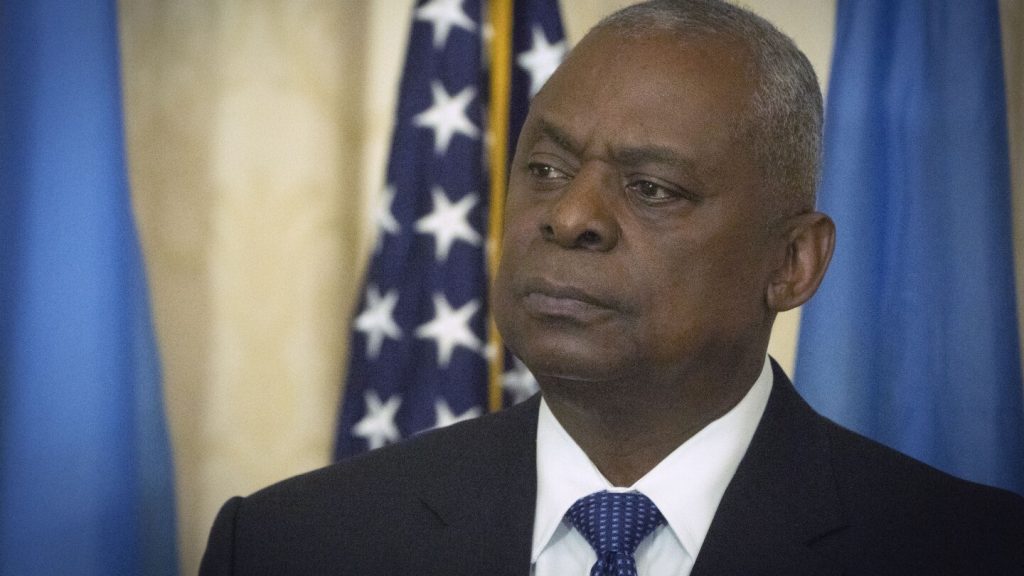The Defense Department has announced its plans to appeal a military judge’s ruling that validated plea agreements made by Khalid Sheikh Mohammed, the alleged mastermind of the September 11, 2001 attacks, and two of his co-defendants. This ruling voided Defense Secretary Lloyd Austin’s order to discard the deals and deemed the agreements as valid. The judge granted the motions for guilty pleas and indicated that a future date for the military commission would be scheduled. The department intends to request a postponement of any hearing on the pleas. Rear Adm. Aaron Rugh, the chief prosecutor, notified the families of 9/11 victims of this decision.
This ruling by Air Force Col. Matthew McCall enabled the three 9/11 defendants to enter guilty pleas in the U.S. military courtroom at Guantanamo Bay, Cuba, potentially sparing them from the death penalty. These pleas by Mohammed, Walid bin Attash, and Mustafa al-Hawsawi would be a significant step towards concluding the lengthy and legally complex government prosecution relating to the attacks that claimed nearly 3,000 lives. The plea agreements were negotiated by government prosecutors with defense lawyers and were approved by the top official for the military commission at Guantanamo, but they faced backlash from Republican lawmakers and others upon their public disclosure.
Defense Secretary Austin declared the plea bargains null and void shortly after they were made public, emphasizing that such decisions in death penalty cases should be made by the defense secretary. However, the judge concluded that Austin did not possess the legal authority to overturn the plea deals. The agreements and Austin’s attempt to reverse them have added to the complications in the already tumultuous U.S. prosecution of the 9/11 attacks, which have been plagued by delays and legal challenges. The ongoing pretrial hearings have sought to determine the admissibility of statements by the defendants, given their torture in CIA custody.
While some families of the victims and others are insistent on continuing the 9/11 prosecutions through trial and potential death sentences, legal experts express uncertainty about the feasibility of such a scenario. If the cases progress through trial, verdicts, and sentencing, the U.S. Court of Appeals for the District of Columbia Circuit would likely address various issues during any death penalty appeals. These issues include the CIA’s destruction of interrogation videos, whether Austin’s reversal of the plea deals constituted unlawful interference, and the potential impact of the defendants’ torture on subsequent interrogations by “clean teams” of FBI agents. The complex legal landscape surrounding the 9/11 prosecutions underscores the challenges and controversies that have characterized this high-profile case.


